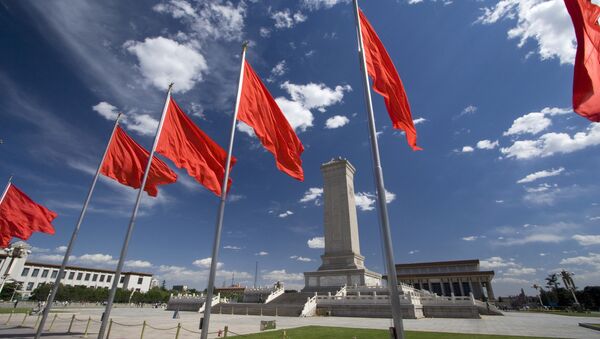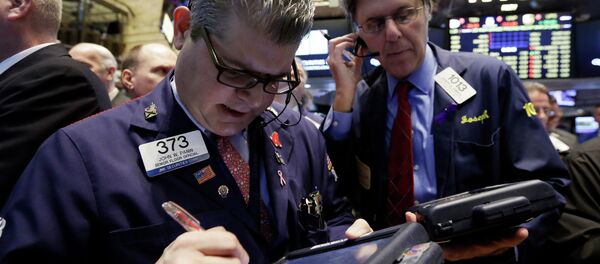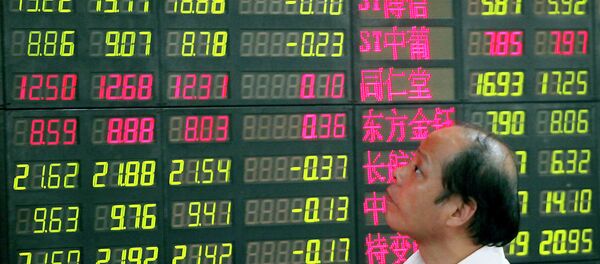In the lead up to March 30, international investors sold a total 1.7 billion renminbi ($274 million) worth of mainland China’s equities via the Stock Connect, effectively pulling money out of mainland into the open market of Hong Kong, only to reinvest the money far from the Communist-governed Middle Kingdom’s shores.
Despite Beijing’s efforts to improve the investment appeal of the staggering mainland economy, its half-hearted attempts at monetary easing and economic liberalization have so far proven insufficient against the decline in business activity in manufacturing. While domestic investors are buying out stocks on Shanghai and Shenzhen in hopes to make solid profits on the looming full-scale money-printing, foreign investors are fleeing, believing Beijing is helpless to prevent the economic slump.
But, through thick and thin. The Greek market has been experiencing a surge in buying bets since early 2015. Greek ETFs have reported an influx of international capital every single week this year, reaching some $167 million, a large sum of money compared to the size (and the debt-fueled nature) of the Greek economy.
Another reason is that with Greece still a member of the Eurozone and the rest of the common market experiencing an economic boom, driven by robust German exports and the European Central Bank’s (ECB) $1.1 trillion bond-buying, overall European optimism is attracting investors to any kind of assets as long as they are in the Eurozone. With Greek stocks at their cheapest, no wonder there will be more buying bets in the short-to-mid-term – at the expense of other markets, mainland China one of them.





